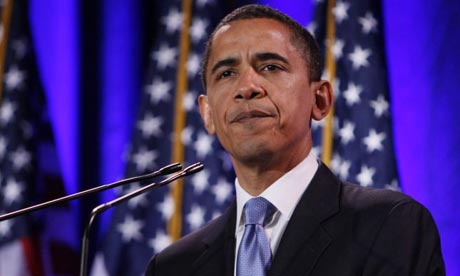By Jennifer Hill Reuters - 2 hours 58 minutes ago
LONDON (Reuters) - The communications industry regulator said on Monday it would crack down on misleading sales practices in the mobile phone market, after a voluntary code failed to bring operators to heel.
Ofcom said it would introduce mandatory rules after the code introduced last summer failed to stop the growing problem of "slamming" -- where rogue salesmen switch people to expensive long-term contracts -- and "cashback" promotions that do not deliver.
"Slamming" involves salesmen cold-calling with the promise of a free phone upgrade or discounts. Customers think this comes with no strings attached, but then find they have been locked into an expensive new deal.
The five main mobile phone networks -- O2, T-Mobile, Orange, Vodafone and 3 -- signed up to the guidelines on how they vet the resellers they do business with in July last year.
The code set out prohibited sales and marketing practices, how retailers must comply and complaints processes.
But Ofcom said it had since continued to receive a large number of consumer complaints about mobile mis-selling and cashback deals -- an average of around 700 per month in January, compared with 460 six months earlier.
Mandatory rules will introduce penalties of up to 10 percent of turnover for those who fail to comply.
Ed Richards, chief executive of Ofcom, said: "The UK has one of the more competitive mobile phone sectors in the world, but strong competition is no excuse for marketing malpractice.
"We warned the industry last year that unless it cleaned up its act we would consider introducing new rules.
"The facts show that this hasn't happened, so we are now proposing tougher measures to protect consumers from unacceptable sales and marketing practices."
A consultation will run until April 29 and Ofcom hopes to have the new rules in place by the summer.
But Rob Barnes, head of broadband and mobiles at price comparison Web site Moneysupermarket.com, said it was a case of "too little too late".
"Consumers are still being ripped off, particularly on cashback deals," he said.
"If these steps had been taken earlier, thousands of people may not have suffered at the hands of the providers."
Almost a third of people have not been successful in claiming all of promised cashback and a tenth have not received any money, a YouGov poll of 2,500 adults for Moneysupermarket found.
People who have received a slamming call can contact the Office of Fair Trading (OFT) if they want to register a complaint, and have seven days to terminate any unwanted contract, according to OFT rules.
Consumers can also register their mobile number at a Web site run by the Telephone Preference Service (www.tpsonline.org.uk). In theory, after 28 days this should stop all UK-based telemarketing calls, but it will not prevent unsolicited text messages.
(Editing by Stephen Addison)

 The California Assembly, apparently facing an $8 billion deficit,
The California Assembly, apparently facing an $8 billion deficit, 